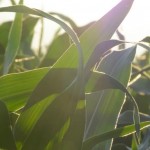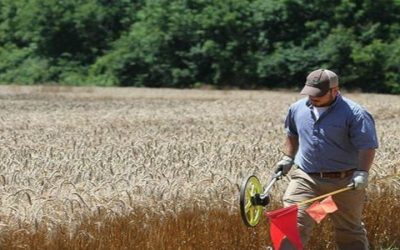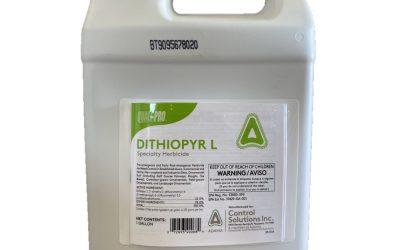Intensive farming focuses on a higher implementation of labor and capital for each unit of cultivated land with the prospect of higher yields and economies of scale. Supporting methods have included multiple crops per year, reduced fallow time and increased cultivars.
Intensive farming, which typically utilizes fertilizers, pesticides and mechanization and is the source of much of today’s food, requires a comprehensive analysis of field conditions, including soil, weather, weeds, pests and water. User-friendly mobile applications in smart farming systems have taken up this task.
Intensive Agriculture’s Evolution
Intensive agriculture is the result of an evolutionary process of new agricultural techniques, including mechanization, enclosure, selective breeding and four-field crop rotation.
However, the use of such products as synthetic fertilizers that focused on nitrogen, phosphorous and potassium levels began evidencing soil erosion and compaction and potential toxins in food. From such concerns emerged sustainable agriculture.
Sustainability in Intensive Agriculture
Rather than focus on nitrogen, phosphorous and potassium, sustainable agriculture redirected to carbon, particularly in decomposing plant matter, or humus. This organic farming approach was adopted for both large and small operations that engaged in intensive agriculture based on labor and high inputs.
Questions remained, however, about such economics-driven industrialized approaches and whether they would truly sustain. The evolving understanding of true sustainability included such aspects as resiliency and adaptability and practices that don’t deplete resource bases.
Thus emerged sustainable integrated farming, which involved organic production, supply chain management, vertically integrated business and brand building.
Intensive Integrated Farming
Due to economic efficiency in livestock specialization, livestock has been separated during much of the 20th century. Integrated intensive farming, however, follows a more time-honored approach and includes livestock. This approach is especially beneficial for smallholder farmers that can use farm-based fodder for animal feed, a process that has recycling benefits. Dung, for instance, can run biogas plants.
Economic Factors in Specialized and Integrated Farming
Although corporate investment in agriculture is a factor, most farms are still family-owned. Those that have adapted well have changed their focus from commodity production alone to market engagement. Market share more successfully drives production than does absolute commodity yield.
Information and Communications Ag Tech
Information and communication technologies hold significant potential gain for large and small-scale farms. Such technological advantages include:
- Market information
- Weather information
- Trading facilities
- Data collection
- Peer-to-peer learning
- Financial Services, including loans, insurance and payments
Advisory and learning services and geospatial applications also contribute successfully to land and water use and can assist in quality control, product tracking and operations monitoring.
SourceTrace Systems offers mobile applications geared to a smart farming system, including crop enrollment modules that simultaneously capture data from multiple crops and inspection modules that help manage, monitor and better control integrated farming systems. Contact the specialists at 978-394-5962 or online at www.sourcetrace.com to learn more.









